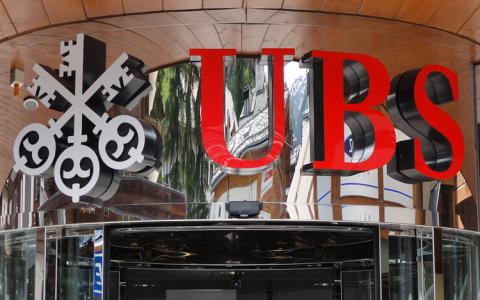
There’s no real consensus on how to stop, cure or treat SARS-Cov-2. But if there is one place to go to make sense of it all, it’s market research provided by massive and global wealth managers. Undoubtedly, knowing where the virus is heading, and what can be done to cut it off at the pass, is as important to big picture investors as the U.S. China trade war.
The consensus from what I have been reading in investor reports, in personal emails from investment pros from Hong Kong, London and New York, and in off-record phone conversations is that there will never be another lockdown like we had before. The coronavirus would have to go totally ham. Like it was February in Wuhan, March in New York City, before that is ever put on the table again.
“Our central scenario is that we expect no renewed nationwide lockdowns, with moderate restrictions sufficient to keep outbreaks manageable, and a vaccine to be widely available from the second quarter of 2021,” says Mark Haefele, chief investment officer for UBS Global Wealth Management.
As it now stands, there are five vaccines in phase 3 large-scale trials worldwide. This, combined with expansionary monetary policy and a moderate increase in fiscal stimulus, should allow for a rebound of economic activity to pre-pandemic levels by 2022, according to UBS.
That’s a bullish prediction, but not the most bullish. Other investment firms think 2021 will be even better if the coronavirus doesn’t make a bigger-than-before comeback.
The Fed is already saying it’s going to stick with “lower-for-longer” for the foreseeable future. This is positive for equities because companies that issue stocks are often large enough and rich enough to borrow at near zero rates.
Reports of herd immunity taking place in Asia, where the first SARS struck in 2002-03, and in the Middle East, where MERS first struck in 2012, bode well for the future. People are going to be able to live with this new pathogen.
Taiwan over the weekend had its first outdoor concert, with nearly 10,000 in attendance and zero social distancing. Unless Taiwan has an algae bloom of new cases, we can assume the worst is over on that island.
Wuhan, the global epicenter of the disease, has had no major run-ins with the virus since reopening over two months ago.
No one trusts China’s numbers, but even if tens of thousands had the virus in Beijing, the city is surely not overwhelmed like Wuhan was in January and February. If it was, every foreign diplomat in that city would be aware of it. There would be nothing stopping them from getting the word out to their home State Departments about dire public health crises going unreported by the Chinese government. That’s not happening. So it is safe to assume that after three months of opening up, Beijing is fine.
New York City is fine and getting better. There are no talks of shutting down businesses, though schools remain up in the air, with each school taking their own approach to reopening in the fall.
This is about slow and steady winning the race.
The market’s not complaining. Investors have seen an end to lockdowns before and were wrong when the southern states got a visit from Covid-19 and bars and beaches were closed. California got its second wave after being the first state to introduce state-at-home orders back in February. The Golden State is court’s evidence that you can run, but cannot hide from the coronavirus.
Haefele pointed this out, too, regarding the latest epidemiological data on Covid-19: new strains of the virus might be less fatal.
The D614G strain of Covid-19 that has spread in Europe, North America and parts of Asia is likely more infectious but not as much of a killer as the first strain, according to experts affiliated with Singapore’s National University Hospital. The finding on mortality builds on a previous study from Scripps Research, which last month found the D614G strain was more transmissive in nature.
Market Turns To Elections
The coronavirus drama will soon give way to the political drama of the elections.
Stephanie Link, a fund manager for Hightower Advisors gives a rundown of what she calls the Republican stock sector basket and the Democratic stock sector basket. Whichever party is winning the race, these sectors should outperform, she thinks.
Through August 17th, sectors in her Republican basket — defense, financials, firearms, quick service restaurants, technology, and fossil fuels have been trailing the Democratic basket by 8.4%.
What’s in the Democratic basket? China stocks, foreign oil firms, renewable energy (made in China), and U.S. short-equity ETFs. Oh, and weed.
Details on percentages of each basket and how these sectors were selected can be seen here.
This article originally appeared on Forbes.



